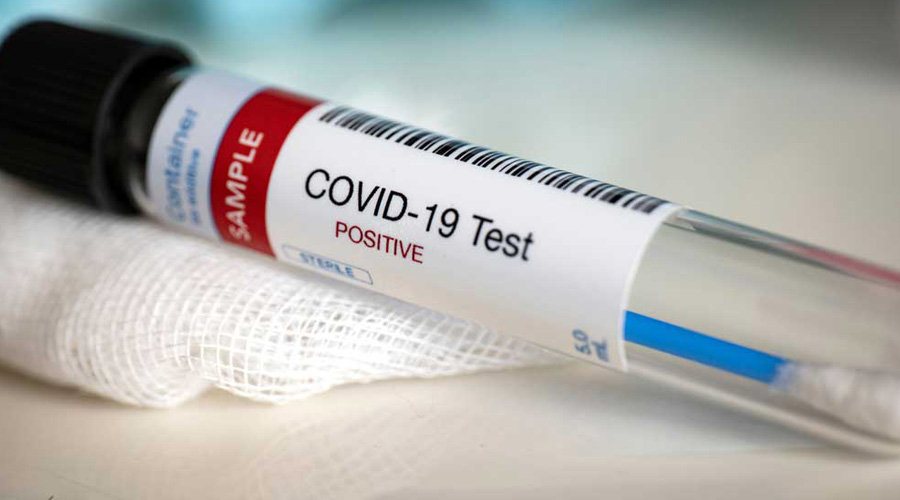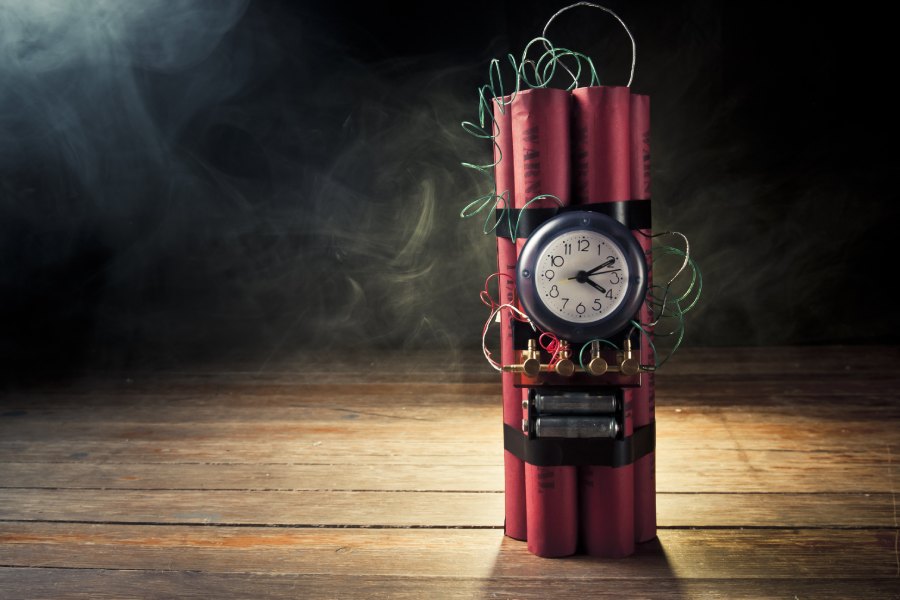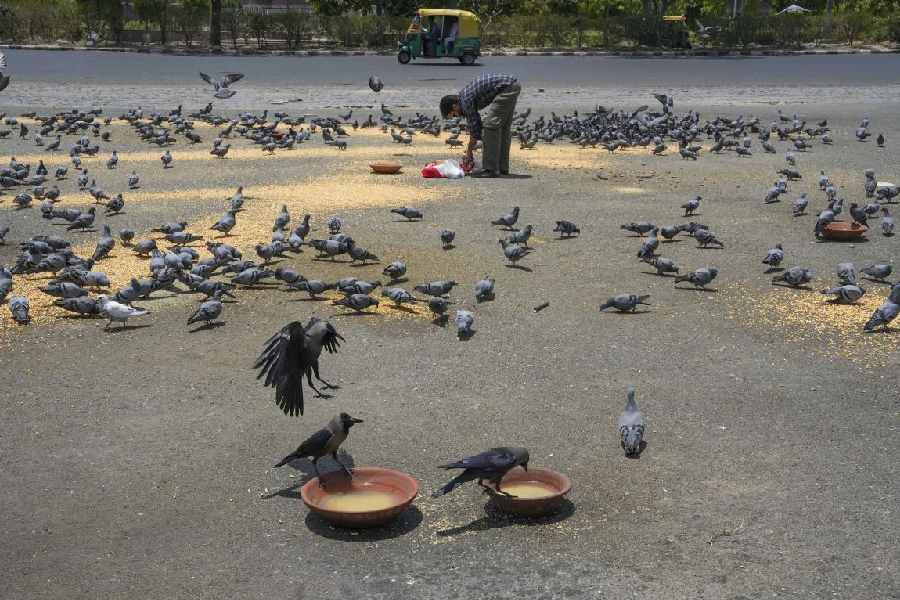An 89-year-old man and his 74-year-old wife, residents of Ashoknagar in North 24-Parganas, had fever and arranged for a visit by a health worker to collect samples for the Covid test. Their help told them that she could not work for them because some neighbours asked her not to.
A doctor at a private hospital, who lives in a complex near Garia, had fever for five days but was scared to get a Covid test done fearing ostracisation. She later suffered severe breathlessness and had to be admitted to hospital.
Covid patients and their families across the city are still pariahs to a section of neighbours.
State government officials, public health experts and social workers said that though the trend of ostracising Covid patients had ebbed, there were pockets in the city and its adjoining areas where neighbours were still creating troubles.
The elderly woman at Ashoknagar had mild fever last Sunday. Her husband had sought help from the local Covid Care Network team to get their tests done. Their only daughter stays in Germany.
However, last Monday, after a health worker visited their home to collect swab samples, some of the neighbours asked the couple’s domestic help to stop visiting their house, said Pradyut Karmakar, the secretary of the Ashoknagar unit of the Covid Care Network.
“The elderly woman is bed-ridden for long. Their daughter called us from Germany seeking help. We arranged for a nurse to provide basic care to them but again, some of the neighbours objected,” said Karmakar. “However, we explained to them that the nurse would not be going to anyone else's house in the locality. After that they agreed.”
On Tuesday, the tests came back positive and the couple were admitted to two private hospitals off EM Bypass.
In the Garia housing complex, the doctor who had fever did not want to get tested fearing that her neighbours would immediately stop the domestic help and others from visiting her flat. When her condition worsened after five days, she was forced to get admitted to a private hospital off the Bypass, said one of her friends.
The CEO of a private hospital said they were still getting Covid patients who were not getting tested fearing social boycott and were turning up at the hospital only after developing complications.
“We are seeing a new type of untouchability during the Covid pandemic. Campaigns have been continuing for months against social boycott of Covid patients, but the practice still exists, though on a much reduced scale,” said Abhijit Chowdhury, a public health expert and mentor of Covid Care Network, a social organisation comprising doctors, government officials and Covid survivors. “Now, it has taken a new and muted form.”
In the initial months of the pandemic, there were frequent reports of neighbours barricading houses of Covid patients with bamboo poles. Such inhuman behaviour, Chowdhury and several government officials said, has now reduced.
“However, we are getting complaints that neighbours are stopping domestic help, vegetable vendors and newspaper vendors from visiting houses where residents have tested positive for Covid. By doing this the neighbours are harassing the patients and their families and subjecting them to mental torture,” said Chowdhury.
“In many cases, no one is able to identify who is preventing visits to patients’ houses because by now everyone is aware that it’s a social crime…. A lack of scientific thinking is triggering such behaviour.”
A state government official said the absence of councillors and MLAs in awareness campaigns was responsible for the problem still persisting. In the weeks soon after the Covid outbreak started in Bengal, many elected representatives were taking an active role in spreading awareness about Covid and urging people to cooperate with those suffering from the disease and their families.
This newspaper had reported some months ago that a doctor staying in Narendrapur had to seek the help of the police and the local councillor to prevent some neighbours from setting up barricades around her house after news spread that she had tested positive for Covid. The neighbours were also allegedly stopping vegetable vendors from going near the doctor’s house.
An official of an agency that provides home health care said the nurses assigned to take care of Covid patients at home were facing rude behaviour from neighbours. "It was mostly happening in residential complexes. The practice has now mostly stopped except in a few places,” the official said.











